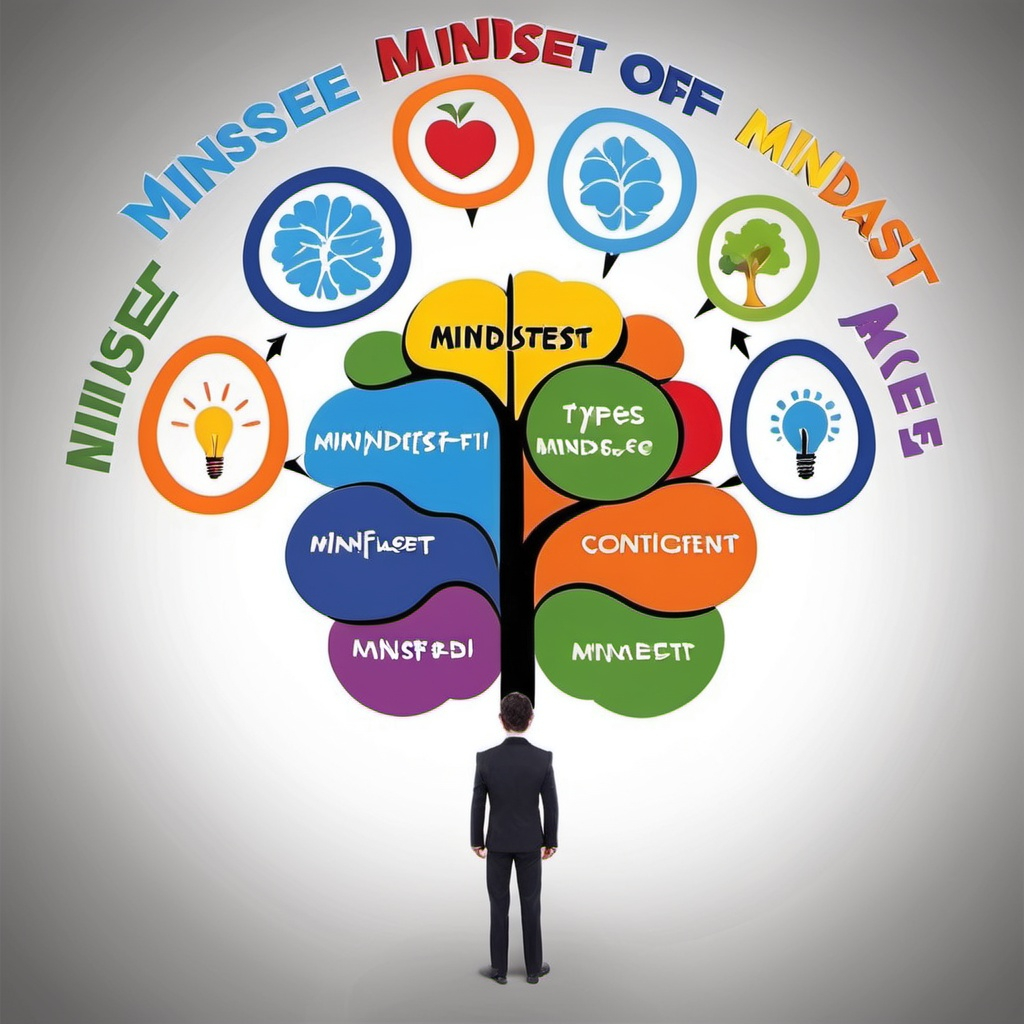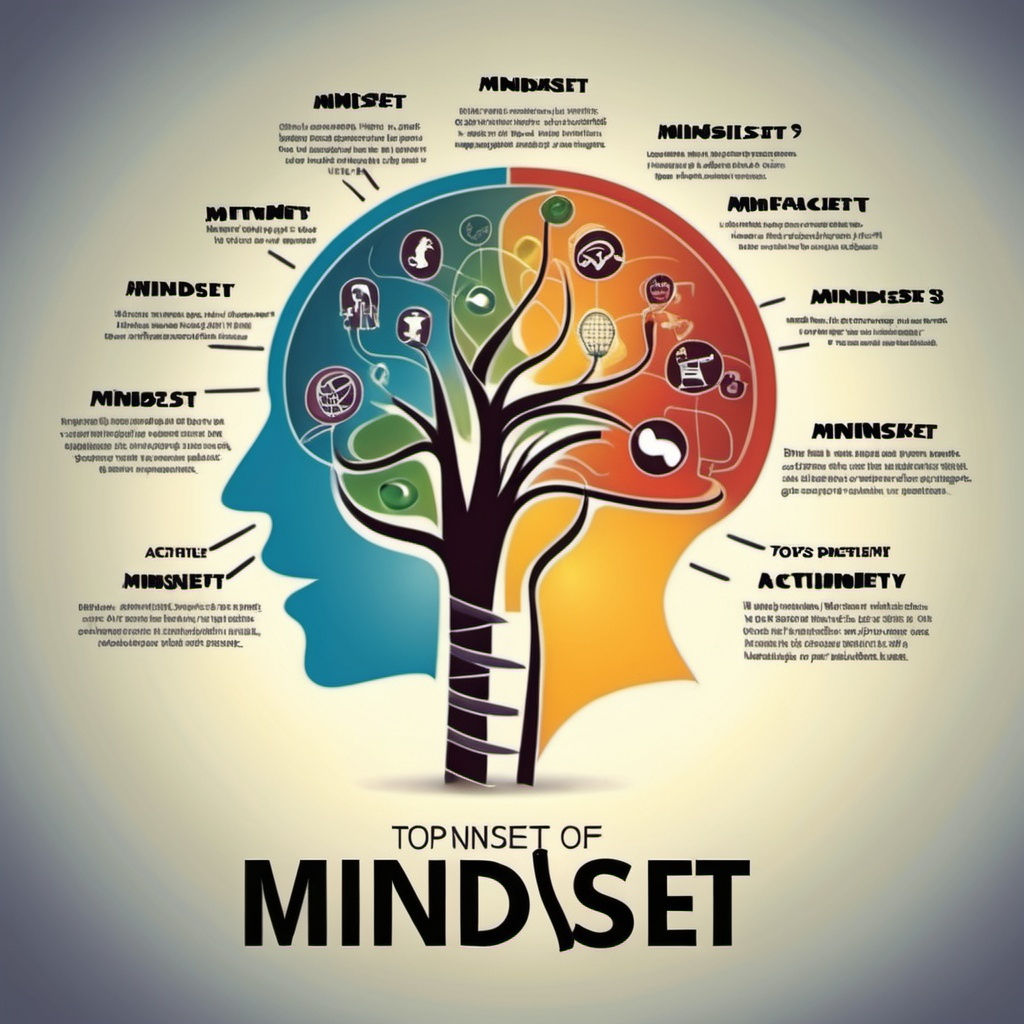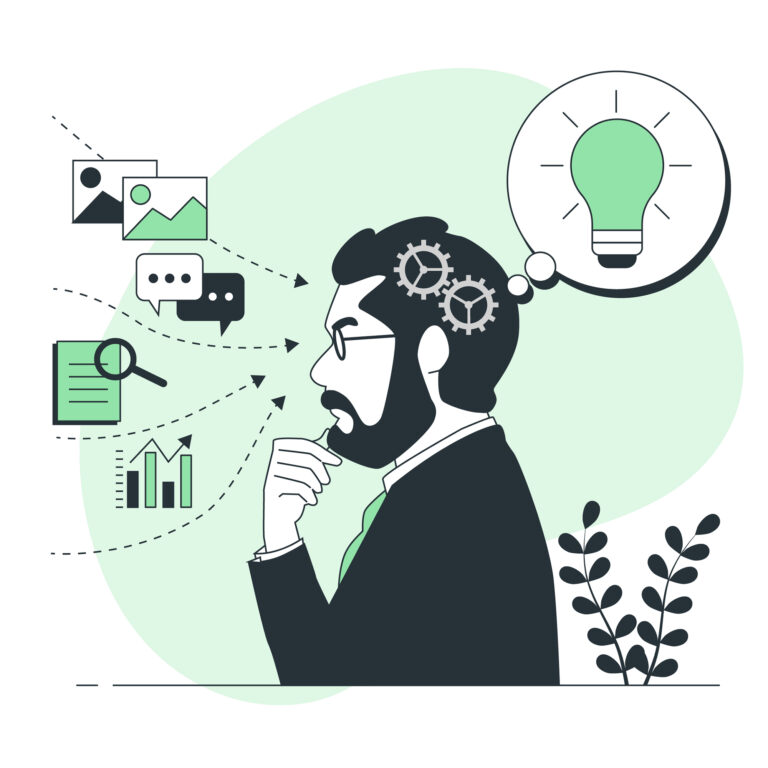WHAT IS MINDSET AND 6 POWERFUL MAIN TYPES OF MINDSET
Your mindset is the driving force behind your thoughts, feelings, and actions. It shapes your perceptions, influences your decisions, and ultimately determines your success. A positive and growth-oriented mindset can help you overcome obstacles and achieve your goals.
“Your mindset is the basis of all you do. It’s the starting point for all your thoughts, feelings, and actions.” – Bob Proctor
TYPES OF MINDSETS
Different mindsets have distinct qualities and ramifications. You may use these various attitudes to pinpoint areas for development and cultivate a more empowering attitude.

1. FIXED MINDSET
A fixed mindset is characterized by a belief that abilities and intelligence are innate and unchangeable. People with a fixed mindset tend to:
11. Avoid challenges and risks
2- Fear failure and criticism
3- Focus on preserving their ego
44. Resist learning and growth
Example: A student who believes they’re naturally bad at math will avoid taking math classes and give up easily when faced with math problems.
2. GROWTH MINDSET
A growth mindset is characterized by a belief that abilities and intelligence can be developed and improved through effort, learning, and persistence. People with a growth mindset tend to
11. Embrace challenges and risks
22. View failure as an opportunity for growth
33. Focus on learning and improvement
44. Persist in the face of obstacles
Example: A student who believes they can improve their math skills with practice and effort will seek out math classes, ask for help, and persist in solving math problems.
3. ABUNDANCE MINDSET
An abundance mindset is characterized by a belief that there are plenty of resources, opportunities, and successes to go around. People with an abundance mindset tend to:
11. Focus on sharing and collaboration
22. Believe in win-win situations
33. See opportunities in challenges
44. Cultivate gratitude and positivity
Example: An entrepreneur who believes there’s enough market share for everyone will focus on creating value and building partnerships rather than competing aggressively.
4. SCARCITY MINDSET
A scarcity mindset is characterized by a belief that resources, opportunities, and success are limited and scarce. People with a scarcity mindset tend to:
11. Focus on competition and winning
2- Believe in zero-sum games
33. See threats in opportunities
44. Cultivate fear and anxiety
Example: An entrepreneur who believes there’s only one spot at the top will focus on competing aggressively and protecting their market share rather than innovating and creating value.
5. POSITIVE MINDSET
A positive mindset is characterized by a focus on the good, the optimistic, and the possible. People with a positive mindset tend to:
11. Focus on solutions rather than problems
2- Believe in their abilities and strengths
33. See opportunities in challenges
44. Cultivate gratitude and positivity
Example: An athlete who believes they can win will focus on their strengths, visualize success, and maintain a positive attitude even in the face of adversity.
6. NEGATIVE MINDSET
A negative mindset is characterized by a focus on the bad, the pessimistic, and the impossible. People with a negative mindset tend to:
11. Focus on problems rather than solutions
2- Believe in their weaknesses and limitations
33. See threats in opportunities
44. Cultivate fear, anxiety, and doubt
Example: An athlete who believes they can’t win will focus on their weaknesses, worry about failure, and maintain a negative attitude even when faced with opportunities.
HOW DO STUDENTS WITH A GROWTH MINDSET SEE THEIR MISTAKES
Mistakes are often viewed negatively, but for students with a growth mindset, they are seen as valuable learning opportunities. This perspective is rooted in the belief that intelligence and abilities can be developed through dedication and hard work, as emphasized by psychologist Carol Dweck. Let’s explore how these students perceive and respond to their mistakes
WHAT’S YOUR MINDSET
Your mindset shapes how you approach life, challenges, and growth. Psychologist Carol Dweck identifies two primary mindsets: fixed and growth. A fixed mindset believes abilities are static, leading to avoidance of challenges and fear of failure. In contrast, a growth mindset sees abilities as developable through effort and learning, embracing challenges as opportunities for growth. This mindset fosters resilience, encourages learning from feedback, and promotes continuous self-improvement. By cultivating a growth mindset, you empower yourself to navigate life’s challenges with confidence and adaptability.
HOW DEOS THE BRAIN PLAY INTO MINDSET
The brain’s remarkable adaptability, known as neuroplasticity, plays a pivotal role in shaping our mindset. When we engage in learning or face challenges, our brain forms new neural connections, reinforcing the belief that abilities can be developed through effort. This process is particularly evident in individuals with a growth mindset, who embrace challenges and view mistakes as opportunities to learn. Research indicates that such individuals exhibit increased activity in brain regions associated with learning and error correction, such as the anterior cingulate cortex and dorsolateral prefrontal cortex. In contrast, those with a fixed mindset may show heightened neural responses to negative feedback, potentially hindering their ability to adapt and grow. Therefore, our mindset not only influences our approach to challenges but also actively shapes our brain’s structure and function, underscoring the profound connection between belief and brain activity.
WHY DOES YOUR MINDSET MATTER
Your mindset acts as the internal compass that guides your actions, reactions, and interactions with the world. It shapes how you perceive challenges, either as obstacles or opportunities, and influences your resilience in the face of setbacks. A positive, growth-oriented mindset fosters motivation, adaptability, and a proactive approach to problem-solving, whereas a fixed mindset may limit potential by fostering fear of failure and resistance to change. Ultimately, your mindset determines not just how you approach life’s hurdles but also how you grow and thrive through them.



